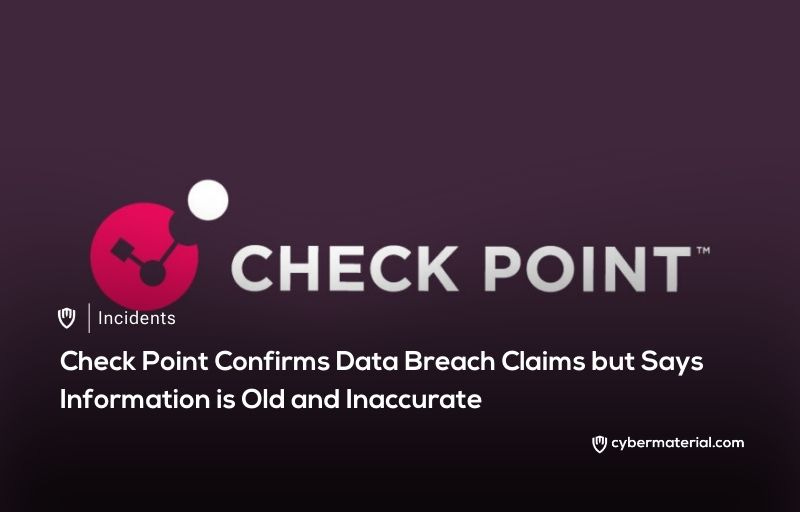
Check Point responds and has confirmed that a data breach, recently discussed on BreachForums, relates to an old event. The breach occurred in December 2024, when credentials linked to a portal accou…

Check Point responds and has confirmed that a data breach, recently discussed on BreachForums, relates to an old event. The breach occurred in December 2024, when credentials linked to a portal accou…